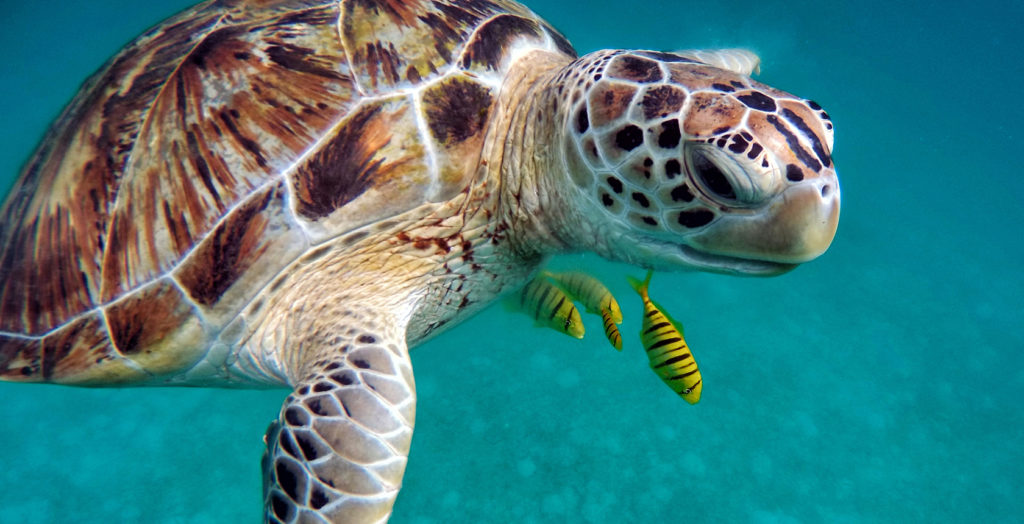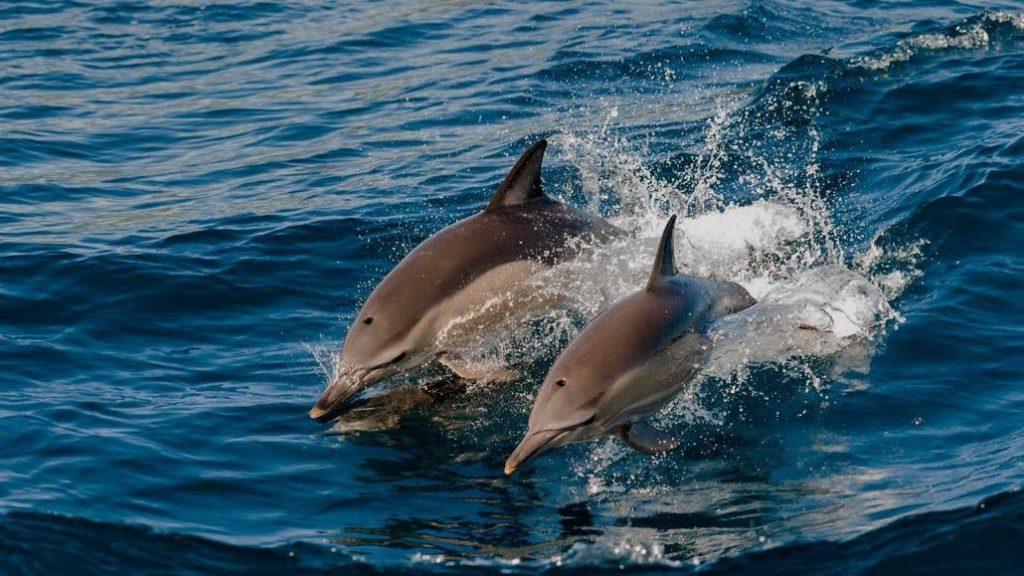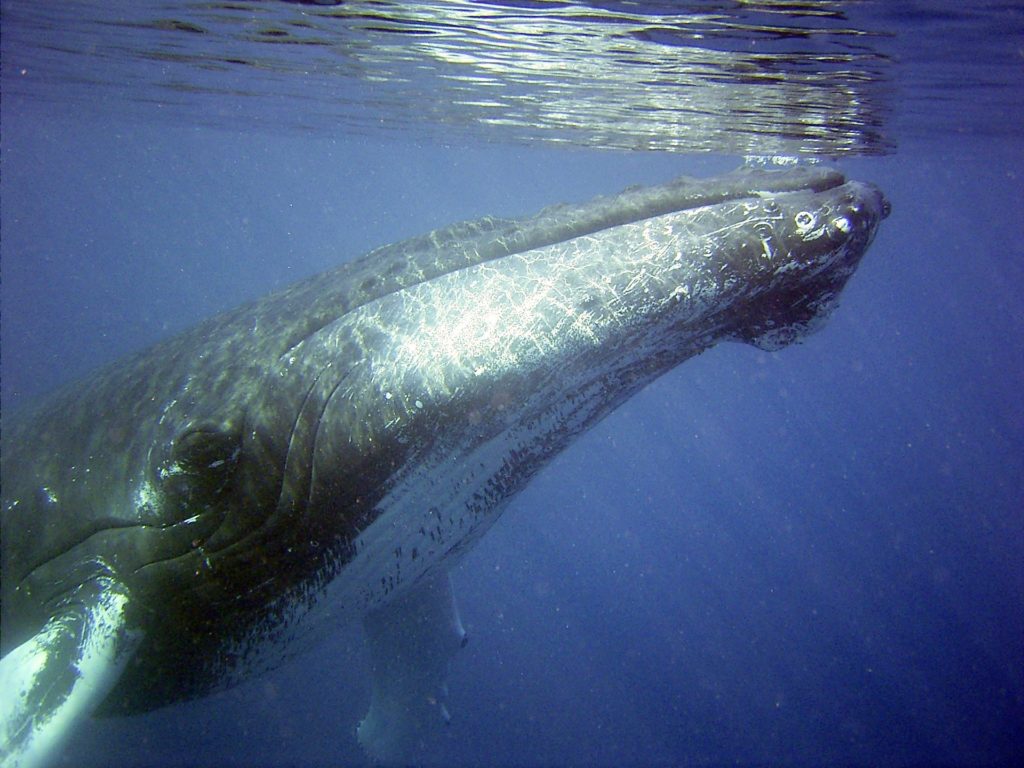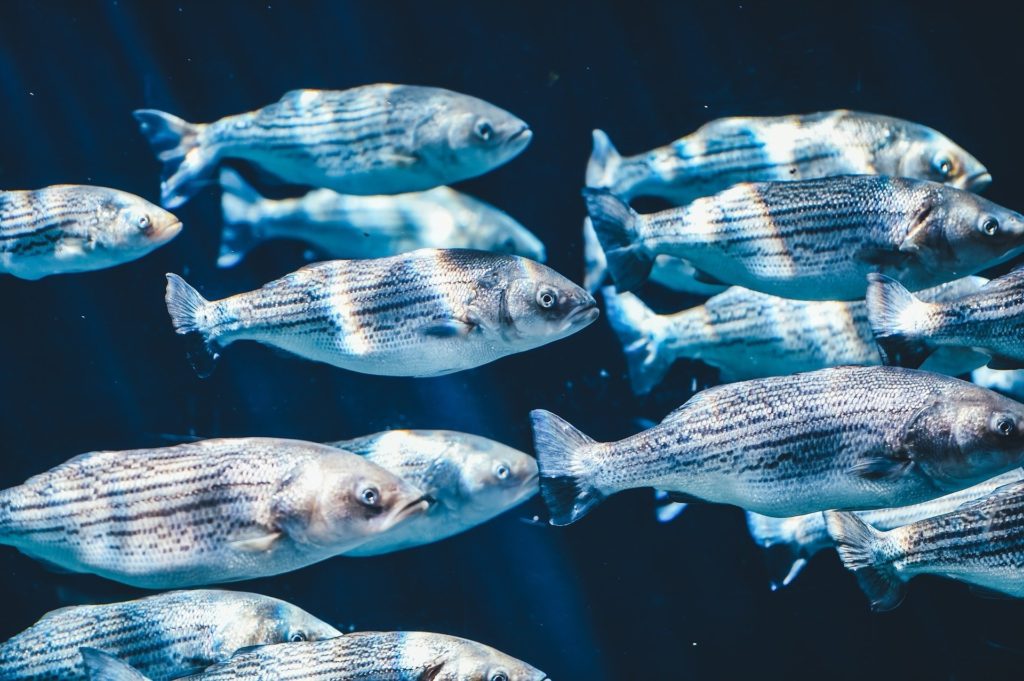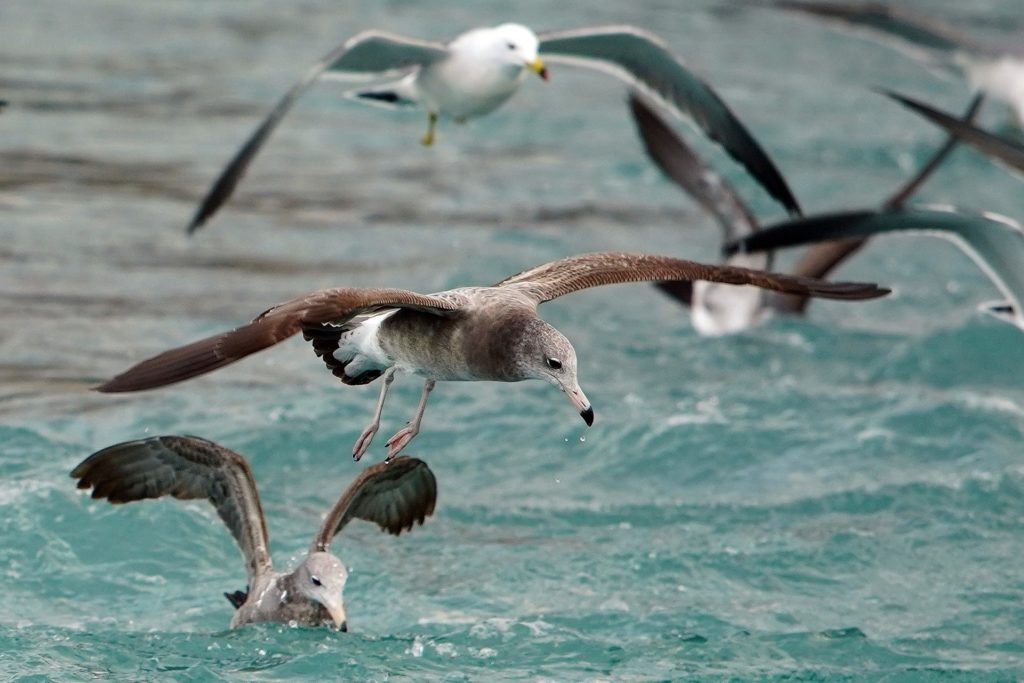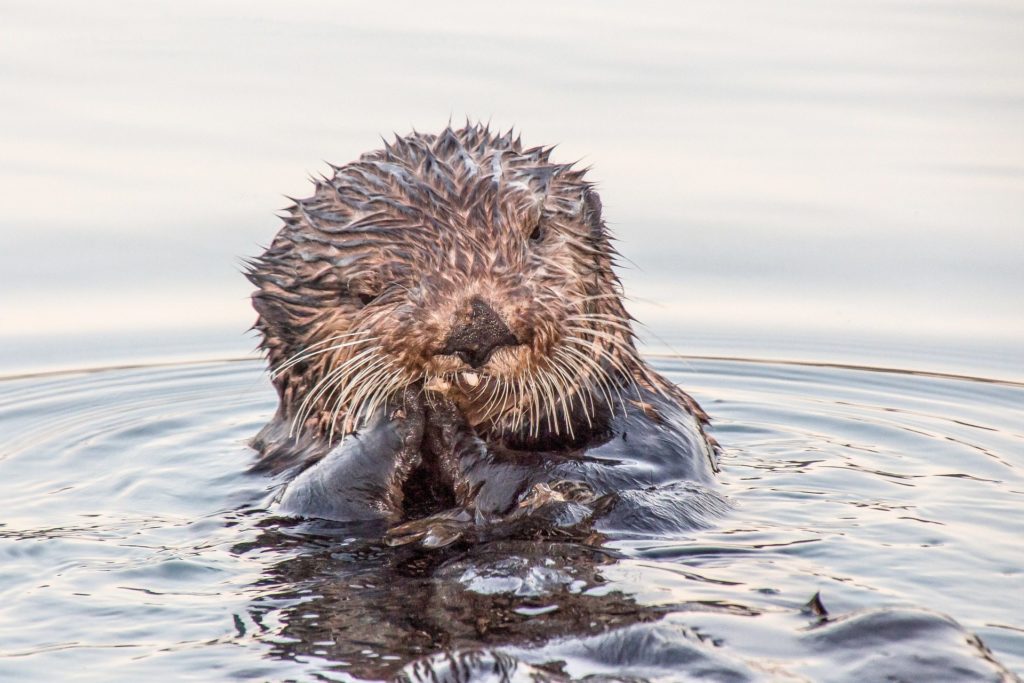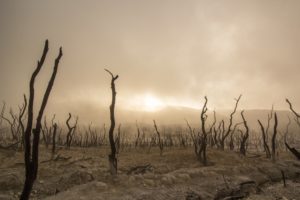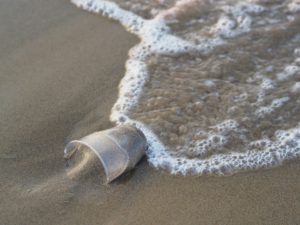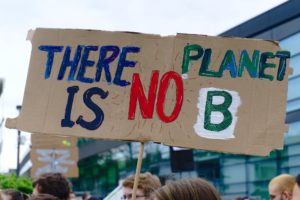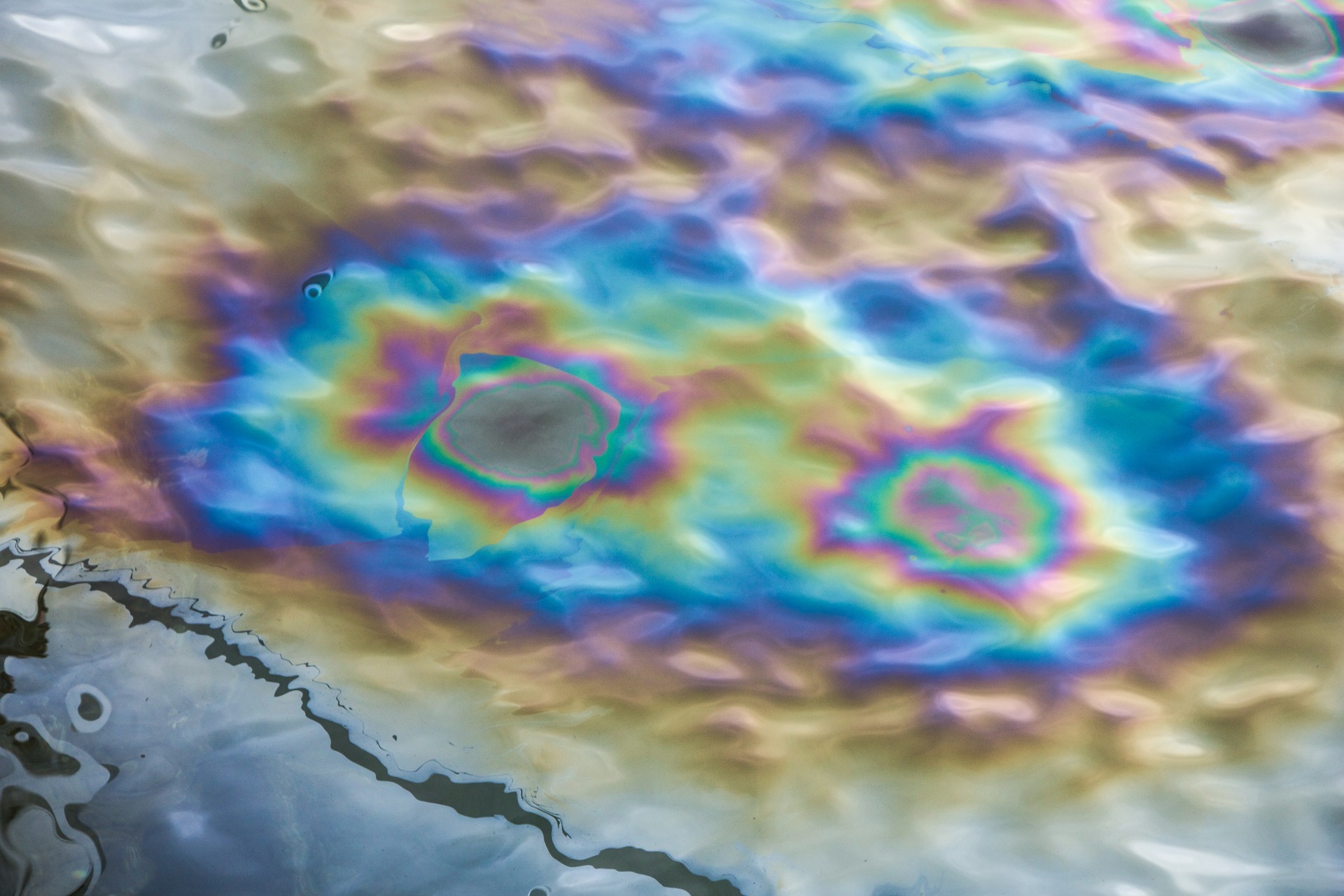
The Grisly Impact of Oil on the Environment
Oil is one of the three main types of fossil fuels; it is formed from microorganisms such as zooplankton and algae, compressed under intense amounts of pressure. This complex organic matter decomposes into what is referred to as oil. The world uses immeasurable amounts of oil every year, however, how many people actually realise just quite how extensive an impact it has on our environment? Fossil fuels are merely one issue the environment has, but when oil spills it creates a whole different problem.
What Impact do Oil Spills Have?
In the last 50 years 44 oil spills occurred in the United States alone, with over 10,000 barrels worth spilling into the oceans and damaging US waters. The impact these spills have on the water can be devastating to the environment, marine life and humans alike. These incidents happen for numerous reasons such as careless mistakes, ship and ocean equipment breaking down, or even natural disasters such as storms and hurricanes.
Oil is lighter by volume with a higher density than water meaning it tends to float to the surface, rapidly spreading to create an oil slick which smothers the ocean’s surface. This soon stretches out further causing an ultra thin layer called an oil sheen. Incidents like this cause an environmental catastrophe for marine life such as sea turtles (which mistake oil for food), dolphins and whales (which can inhale the oil) and fish.
Why are fish important to the environment? Big and small, all fish play a huge part in the nutrient cycle of our oceans. Fish and other sea creatures exposed to an oil sheen may experience reduced growth, enlarged livers, changes in heart or respiration rate, fin erosion and reduced reproduction.
Birds are also negatively affected by oil sheens, as they causes their feathers to lose their water repellence, often resulting in illness or early death. Sea otters are often greatly affected by this too, as the thick oil coats their fur which dramatically reduces their ability to sufficiently insulate themselves.
“If we try to make changes like this in our day-to-day lives, our actions may collectively add up to a global positive change great enough to help save our planet.”
How to Clean the Oil or Prevent this Happening?
While boats can scrape some of the oil off the surface, it can still take months or even years to do an extensive and thorough clean up; even then, it isn’t always effective. The impacts oil spills can have on the future of marine ecosystems include higher mortality in animals and marine life and a significant reduction in animals ability to reproduce and survive.
So ensuring there are less oil spills is a huge priority. In my opinion we must take action and warn future generations about the impact oil spills have on our environment. Individuals could get involved in multiple ways, such as protesting, writing to government officials to express your want to help reduce our dependence on oil, and by investing money in renewable energy projects instead of oil industries.
What About Fossil Fuels in General?
Why are fossil fuels so bad for the environment? When fossil fuels are burned, they release an huge amount of carbon dioxide into the air. This then traps heat in our atmosphere, contributing heavily towards global warming. The average global temperature has already risen by one degree Celsius. According to the environmental charity Client Earth, warming of the planet above 1.5 degrees would lead to sea levels rising, extreme weather, biodiversity loss, species eviction, food scarcity, worsened health, and poverty for millions around the world. This personally scares me in regards to poverty and worsened health and the fact that it’s going to continually deteriorate over the coming years is even more worrying.
A Personal Take on a Shared Threat to Humanity
I feel terrible about this. We are the ones responsible for global warming. The issue of the climate crisis and its effects on our environment or planet won’t matter to some young people as it isn’t of immediate concern to them. Personally, I try my best to respect the environment by recycling, avoiding too much electricity usage, and walking places rather than using my car when possible.
Buying organic foods and shopping locally at farm shops are the only things I have trouble doing because of the costs. It is more affordable for me to buy groceries at local supermarkets like Asda or Tesco than it would be for me to buy locally at a farm shop. Although, I would definitely buy organic and locally produced products and food if it was more affordable, many people of this generation cannot afford to do so, and others prefer not to spend money on something they are not familiar with.
The impact that global warming will have and is currently having on the future generation include things such as wildfires, floods, and hurricanes, that are sadly becoming a norm. Hotter temperatures, air pollution and violent storms are now leading to life-threatening dangers for members of both the current and the future generations. Extreme temperatures resulting in natural disasters are leaving families living in poverty as their homes are being destroyed. It also worsens health especially in children as they’re at a higher risk in a changing climate and with droughts and flooding ruining crops in some places this can lead to migration and starvation.
How can we help?
We need to avoid processed food where possible as these use more energy but realistically this can’t be avoided as processed foods are a lot less expensive than anything locally produced or organic. Processed foods are often produced in factories that use lots of machinery that is often run on fuel, oil or electricity.
Potentially installing solar panels on your roof to generate more renewable energy could be an option but many would struggle due to financial reasons. You could also install energy saving light bulbs which reduce the amount of energy you’d be using or try walking more instead of using the car.

